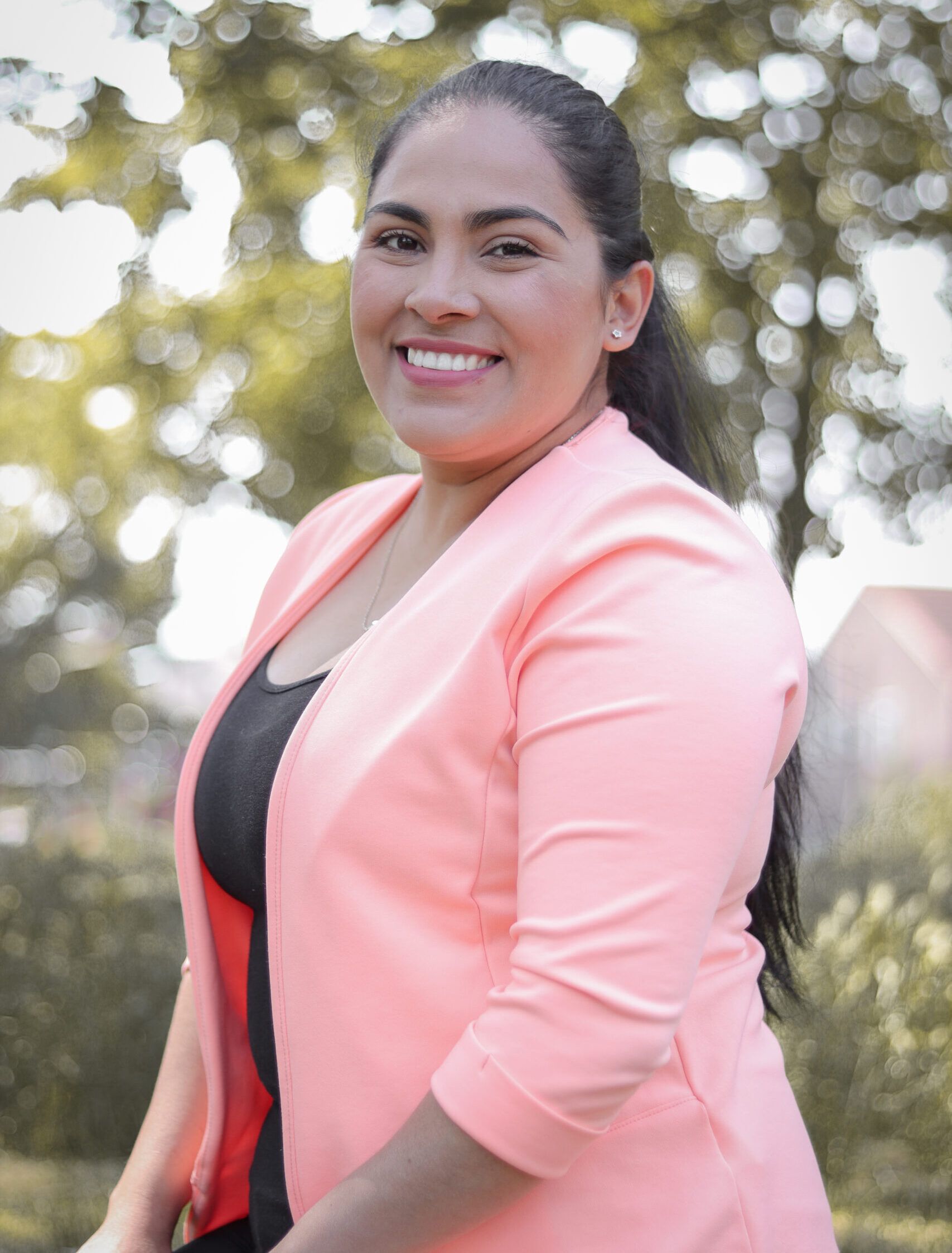Lizeth’s story
Lizeth is a mother of three young children between the ages of 7 and 2. Originally from Bolivia, she and her sister came to the UK 13 years ago. Esther Sekyere from Kaleidoscope met Lizeth for a video call with her close friend who translated the conversation.
How was your experience during pregnancy and childbirth?
Lizeth shared that anxieties from the experience of her first birth still lingered when she was expecting her two youngest children.
Her first labour was long and lasted for two days. During this time there were delays in receiving pain relief and she felt that her requests were not heard by staff until her husband intervened.
Reflecting on the availability of language support during her pregnancies, Lizeth shared this:
“I never received support from anyone. Every time I went to the appointment I just went and did what I had to do. Every time I needed to say something, or when I had an appointment and I couldn’t say something, I would grab the phone and translate it myself.”
Although NICE guidelines state that an interpreter should be offered if a mother has difficulty understanding or speaking English, Lizeth recalled the hopelessness she felt at appointments when she was not provided with language support. When requesting a translator, staff did not feel that extra support was needed due to the reduced risk of her pregnancy.
“I always asked if I could have a translator and they told me: ‘Well if you can understand a little we can’t give you a translator because your pregnancy is going well. But if there was something wrong, yes we can give you a translator.’ That’s what they told me.”
What should healthcare providers know?
After Lizeth shared her experiences, Esther asked her to share what healthcare professionals need to know when caring for mothers with limited English.
“Of course, they already understand when you write on the phone and translate it, but sometimes Spanish is not written the same as English and sometimes it is not translated the same. If there is someone in that place who speaks Spanish, ask if they can help translate the mother’s needs because I don’t think that phone translation can work during childbirth.
“You take your partner to give birth because it is a beautiful important moment that you want to experience as a couple. But if they do not speak the language, bring someone who may be able to speak for you.”


